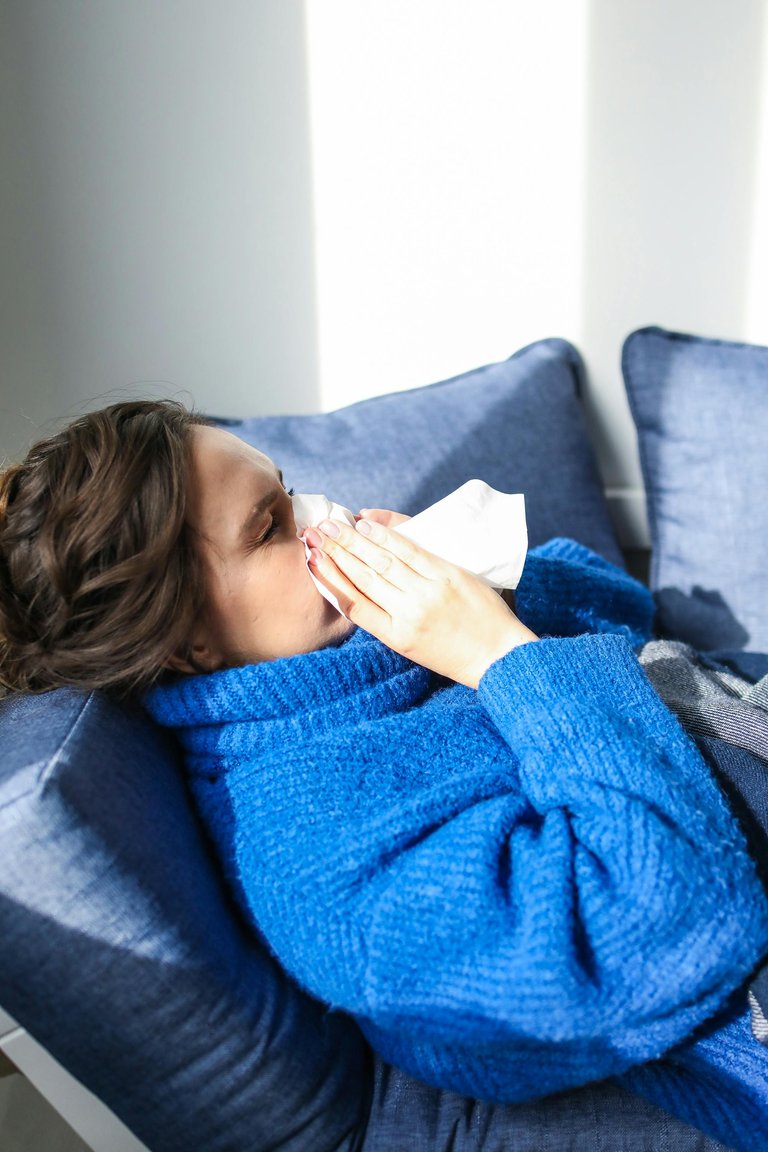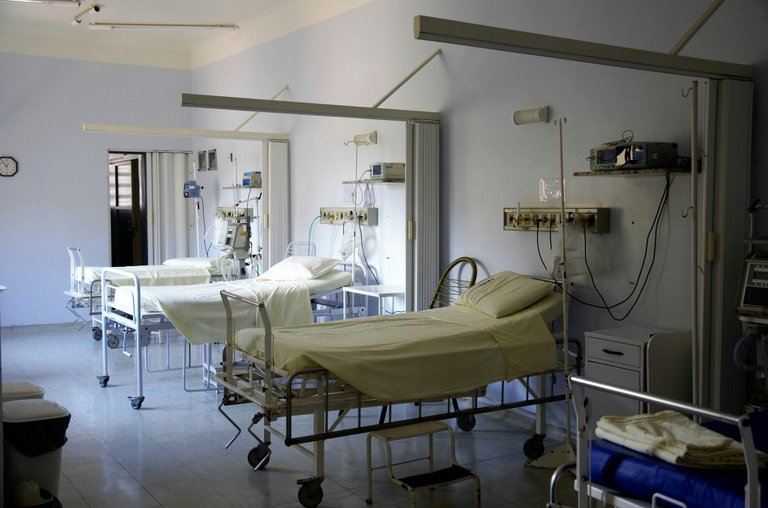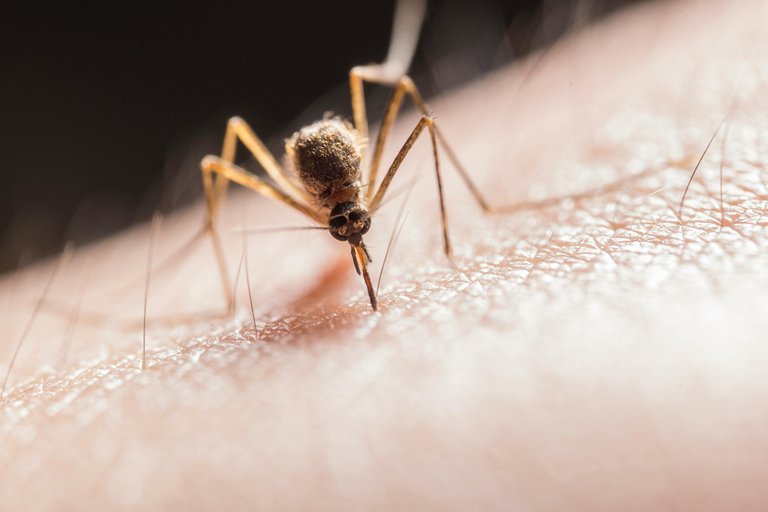The community say’s lets talk, rant and complain
Well, I will like to talk about the need to have more protection against small insects like Mosquitoes.Small but very powerful. Malaria has killed a lot of people over the years and it still has the potential to do so even with a lot of medicines available for it
People contract malaria when they are unable to prevent Anopheles (the mosquito that transmits malaria) bites. When these insects bite an infected individual, malaria parasites enter their circulation. When these mosquitos bite another person, the parasites are passed to the new individual. This cycle continues, and this is how malaria spreads.
Preventive Measures :
1.Maintain cleanliness on your premises. Because mosquitoes develop eggs in water, you must keep water from gathering in any available location.
2.Apply mosquito sprays and repellents.
These sprays can kill mosquitos both indoors and outside. Repellents can be applied to the skin to avoid mosquito bites.
3.Use a mosquito net when sleeping.A mosquito net is a net that provides protection while you sleep. Some nets also include pesticides to kill mosquitos. Cover your entire body, especially at night, with clothing. You can wear full-sleeved shirts and pyjamas to cover practically your entire body, preventing hazardous mosquitos from biting you.
4.Get Malaria vaccines. Vaccination will prevent you from the dangerous sickness, and if everyone around you is vaccinated, the spread of Malaria may be stopped.

image source
Symptoms of Malaria
Fever, chills, and sweating are essential symptoms that signify the onset of malaria, and it is critical to correctly recognise these symptoms because early detection of the disease saves many lives each year. Malaria typically causes fever, chills, and sweating. These symptoms appear in stages: chills and shaking, fever, and sweating. This cycle occurs every 48-72 hours. Malaria is treatable if diagnosed early, treated promptly, and complications of the disease are avoided. If left untreated, malaria can become severe, affecting organs such as the kidneys, liver, and even the brain.
Ways to combat malaria and how it negatively impacts the society
Malaria does not harm just one individual. It has a wide-ranging impact. Malaria becomes frequent in a community, which has an influence on the people's health, economics, and social life. Malaria causes individuals to get unwell and unable to work, prevents children from attending school, and causes household sorrow. In order to address this issue, the first step is to educate people about malaria. People should be educated about malaria symptoms, prevention, and treatment through awareness programmes. These programmes appear to be best suited for educational settings. Furthermore, I feel that enhancing healthcare facilities is really vital in this respect.

The basic idea is that health-care should be available for as many people as possible, so that anyone with symptoms can see a doctor quickly and receive treatment. Health clinics need enough drugs and methods of testing to verify if an individual has Malaria or not so that they can get them the proper drugs and help them be healthy again.
Why is there a connection between mosquitoes and Malaria, and what methods can we use to control mosquito populations to prevent the disease?
I believe the first half of this issue requires no further explanation, given I briefly discussed how mosquitoes transmit malaria at the start to my article. Several ways have been identified as means of controlling mosquito populations and limiting the transmission of malaria; in particular, I'd like to highlight two approaches: The primary goal is to keep water from becoming stagnant. This is where mosquito larvae develop and mosquitoes reproduce, so keep them out of your home. Don't let water accumulate in your or other pots, old tires, or any other potential water gathering place. If the second one uses insecticide sprays. How have the strategies for treating and preventing Malaria evolved over time, and what challenges do we continue to face in eradicating the disease?
Since I covered how mosquitoes spread malaria in brief in my article's introduction, I don't think the first portion of this question requires any additional explanation. Several strategies have been found to be effective in reducing mosquito populations and stopping the transmission of malaria. Specifically, I would like to highlight two of these strategies: The first is to prevent water from becoming stagnant. Keep this away from your home since this is where mosquito larvae hatch and where mosquitoes breed. Keep water out of any potential water gathering areas, including old tires, pots you own, and other pots. Should the second person be using pesticide sprays
Second one is using insecticide sprays — Sprays that kill adult mosquitoes (adulticides) and sprays that can be disposed into water to prevent the mosquitoes from breeding (larvicides) You will need to spray them, both inside and out. Sprays and especially in the night and early morning periods are very good for mosquitoes.
The main obstacle is opposition.
Treatment and prevention become challenging when medications and insecticides are no longer effective against parasites or mosquitoes. Access to healthcare is another issue. Lack of healthcare facilities and resources keeps individuals from getting prompt diagnosis and treatment in many underdeveloped nations. Resources and funding are also a major obstacle. It is imperative that efforts to control and eradicate malaria get ongoing funding and resources.

source
